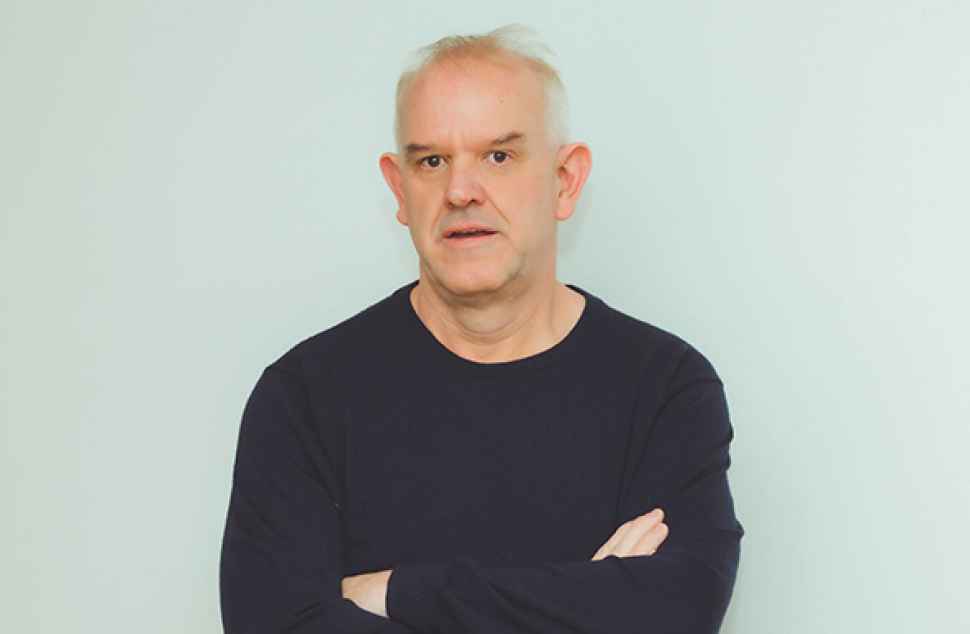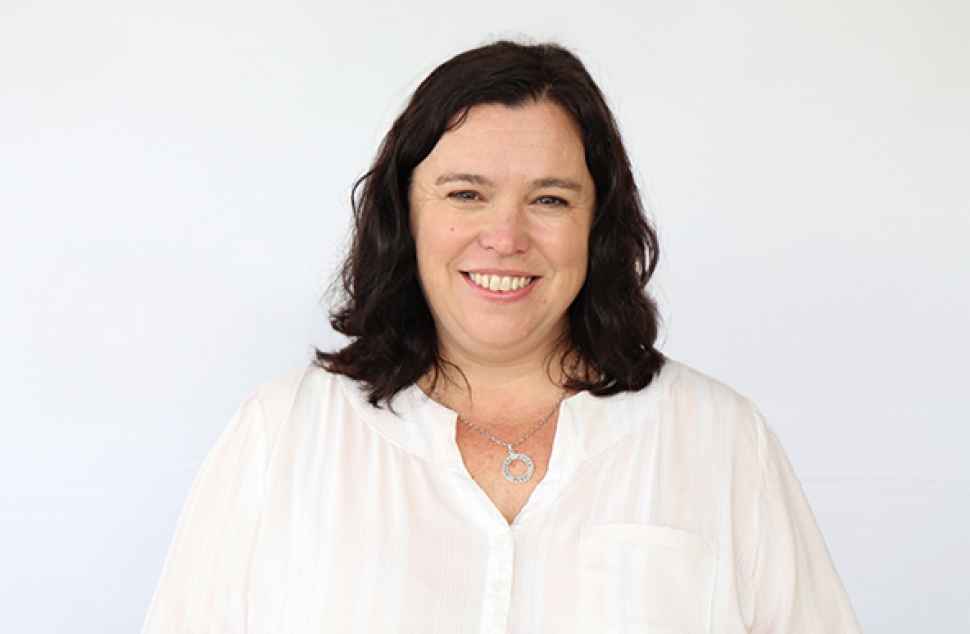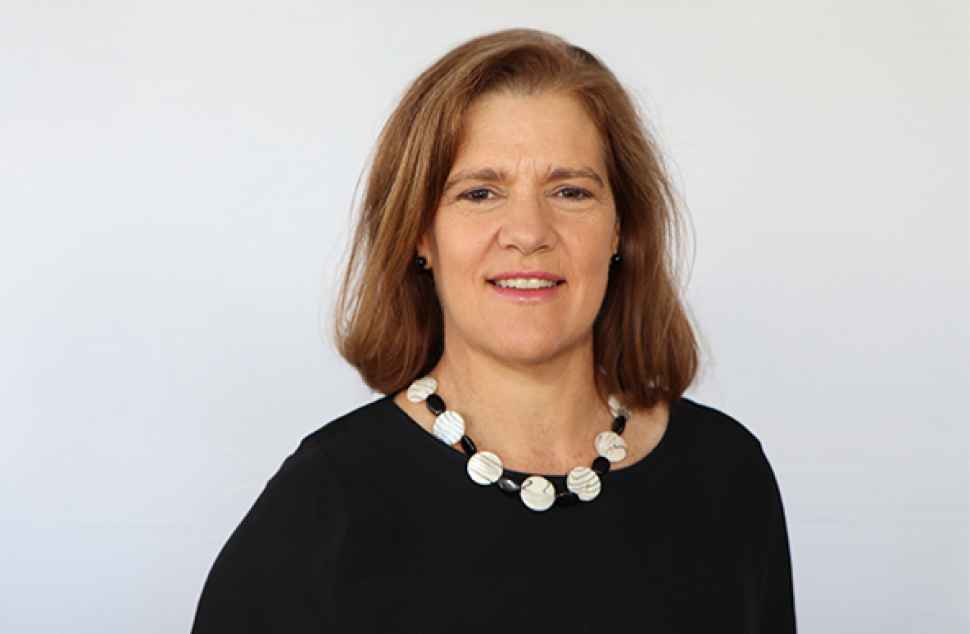Explore your career in
Nutrition.
Explore your career in
Nutrition.
Good nutrition is fundamental to a healthy life and can influence our lives from the moment we are born. Nutrition professionals explore the relationship between diet, health, and disease prevention.
What does a career in Nutrition look like?
You’ll work with a myriad of people, from children, adolescents and parents, to adults of all ages to support positive behaviour change and, promote health and wellbeing. Nutrition professionals can also influence policy and practice in the community, industry and government sectors to assist in developing larger-scale health promotion strategies.
If you take the dietetics path, you’ll also be qualified to provide this range of nutrition services, with additional expertise in food-service management, public health and treating people with health-related medical issues.
7.2%
Employment Growth, Nutrition Professionals
National Skills Commission, 2021 Employment projections for the five years to 2026
No.1 in Australia
in Health Services & Support for full-time employment, learner engagement and skills development
The Good Universities Guide 2025 (undergraduate), public SA-founded universities only
No.1 in SA
in Health Services & Support for learner engagement, skills development, graduate salary and full-time employment
The Good Universities Guide 2026 (undergraduate), public SA-founded universities only
Health Care and Social Assistance is Australia’s largest industry
and is projected to have strong employment growth through to May 2033
Jobs and Skills Australia 2024
Your potential occupations
- Consultant nutritionist
- Community health nutritionist/dietitian
- Nutrition counsellor/health coach
- Food company nutritionist/dietitian
- Health promotion or project officer
- Sports nutrition consultant
- Research nutritionist/dietitian
- Nutrition policy for government and not-for-profit organisations
- Healthy lifestyle coordinator
- Health writer
- Clinical dietitian
- Food service dietitian
- Private practice dietitian
- Aged care dietitian
- Dietitian working in rehabilitation
Your potential employers
- Community-based services
- Private practices
- Food industry
- Aged care & community care
- Disability e.g. NDIS
- Rehabilitation
- Hospitals
- Research institutions
- Local and state government
- Non-government organisations
- Country health
Accreditation
Flinders Human Nutrition graduates are eligible for membership with the Nutrition Society of Australia, providing members with professional development and the option of applying for professional registration. Human Nutrition graduates are also eligible for membership of the Hong Kong Nutrition Association.
Nutrition and Dietetics graduates are accredited by Dietitians Australia, recognised in Singapore, UK, New Zealand and Canada.
Why study at Flinders?
- Flinders enjoys partnerships with over 20 organisations, including South Australian local health networks, Yorke Peninsula Council, SAHMRI, Sprout Cooking School, and many more. You’ll be exposed to both research and placement opportunities across these partnerships.
- Our international mobility programs expose our students to invaluable experiences with communities and public health issues not faced in Australia. With placement programs run in Vanuatu, Indonesia, and Philippines, students have access to a global nutrition network and can make a real difference in people’s lives.
- We offer opportunities to engage with industry through participation in health clinics at our onsite modern health clinic Health2GO or local health networks, as well as project-based topics with Flinders partner organisations.
- With a focus on how nutrition can influence our future policy and the role of nutrition in interdisciplinary health teams and preventative health, Flinders nutrition students are confident to work with people across the lifespan.
- You will gain real-world experience and skills in problem-solving through placements and simulated activities, preparing you for roles in practice.
- Flinders graduates have an excellent reputation within the industry.
- We take a personal approach to learning and the relationships we have with our students and graduates are highly supportive and long-lasting.
- We are the only tertiary education provider of a dietetics program in South Australia and we have more than 45 years of teaching experience in this field.
- Many of our teaching staff are active researchers and members of Flinders University’s Caring Futures Institute.
- Our research expertise in nutrition and dietetics ranks well above world standard (Australian Excellence in Research Australia Rankings 2018).
- We ensure our programs always have the latest evidence-based learning outcomes.
- Choose electives in areas of your nutrition interest, such as healthy ageing, digital health, sports nutrition, disability, or communications and the media.
- After graduation, Human Nutrition students have the opportunity to continue to the Bachelor of Nutrition and Dietetics program, or apply for the Master of Nutrition and Dietetics.
- If you decide upon graduating that you want to take a different pathway, graduate entry options include the Master of Public Health, or the Graduate Medical Program.
Hear from our students

“
A Flinders dietetics degree prepares you for clinical work as an acute care dietitian. Emphasis is placed very much on practical skills. Also, if you get to do Honours research, it will widen your horizons, allowing you to have the basic knowledge to conduct your own research when you are practising.
Chad Yixian Han, Bachelor of Nutrition and Dietetics (Honours) graduate and PhD candidate
”

“
Flinders University offers comprehensive topics as part of the Human Nutrition degree and they constantly keep in contact with the industry players to ensure the curriculum is current, leading to high rates of employment after graduation. I loved the inclusive study culture and the lecturers were always helpful to students.
Joanna Ang, Bachelor of Human Nutrition graduate
”
Get inspired
Nutrition & Dietetics
Learn about Nutrition and Dietetics at Flinders with lecturer Dr Kacie Dickinson.
Interprofessional Practice Placement
See how students from diverse healthcare fields collaborate to improve patient care and build leadership skills.
Nutrition with Sprout
Learn about a career in Nutrition with Callum and Themis from Sprout Cooking School.
Teaching staff
Our incredible teaching and research staff are experts in their professions and well-connected to industry.

Academic Lead: Professor Tim Green
Professor Tim Green is a Professor in the College of Nursing and Health Sciences at Flinders University. His research explores micronutrients in pre-pregnancy, pregnancy, lactation and early life, with studies across Canada, New Zealand, Asia and Africa. His team identifies deficiencies, defines requirements through RCTs, and develops sustainable nutrition strategies.

Human Nutrition Course Coordinator: Carolyn Dent
Carolyn is an Accredited Practicing Dietitian and the Course Coordinator for the Bachelor of Human Nutrition and the Bachelor of Nutrition and Exercise within the College of Nursing and Health Sciences. She is a Teaching Specialist (Clinical/Practitioner) in Nutrition and Dietetics and brings to this role 25+ years of experience as a Community/Public Health Dietitian in health and the non government sector.

Dietetics Course Coordinator: Marian McAllister
Marian McAllister is an Accredited Practising Dietitian and Teaching Specialist in Nutrition and Dietetics at Flinders University. With over 25 years’ experience in community and public health, she has led major obesity prevention and health promotion initiatives. Her work focuses on health equity, community partnerships, and developing future public health nutrition professionals.
Frequently asked questions
No, although we do recommend students undertake biology in Year 12.
Yes. According to the National Skills Commission (2021 employment growth projections for the next five years to 2026), employment growth for Nutrition professionals is 7.2%.
A nutritionist may be a tertiary qualified nutrition professional with the expertise to provide a range of evidence-based services related to nutrition, public health nutrition, policy and research, and community health.
Similarly, dietitians are qualified to provide evidence-based nutrition services. However, they also have the expertise to provide individual dietary counselling, medical nutrition therapy, group dietary therapy, and food service management.
The Bachelor of Human Nutrition can be studied part-time or full-time.
The Bachelor of Nutrition and Dietetics is full time only.
The accrediting body for Nutrition and Dietetics is Dietitians Australia (Formerly DAA). For more information, visit Dietitians Australia.
The accrediting body for Human Nutrition is the Nutrition Society of Australia. For more information, visit NSA.
Human Nutrition graduates are eligible for membership of the Hong Kong Nutrition Association.
Nutrition and Dietetics graduates are accredited by Dietitians Australia, recognised in Singapore, UK, New Zealand and Canada.
It is recommended to put the Bachelor of Human Nutrition as your second choice if you are keen to go onto studying Dietetics. This will open up the opportunity for continuation into the Bachelor of Nutrition and Dietetics or Master of Nutrition and Dietetics upon graduation of the three-year undergraduate program.
Yes, if you complete the Bachelor of Human Nutrition, you'll meet the requirements to apply for the Master of Nutrition and Dietetics, providing your GPA is above 5.
- Applications are completed via SATAC
- Visit: https://www.satac.edu.au/
I am an
International Student
Australia or New Zealand.
I am a
Domestic Student
I'm an Australian Permanent Resident
(including Humanitarian Visa holders).
![]()
Sturt Rd, Bedford Park
South Australia 5042
South Australia | Northern Territory
Global | Online
CRICOS Provider: 00114A TEQSA Provider ID: PRV12097 TEQSA category: Australian University








